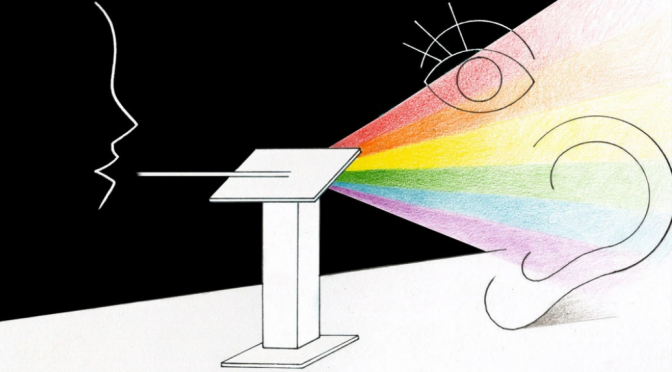By Molly Worthen
Contributing Opinion Writer
Chapel Hill, N.C. — At the start of my teaching career, when I was fresh out of graduate school, I briefly considered trying to pass myself off as a cool professor. Luckily, I soon came to my senses and embraced my true identity as a young fogey.
After one too many students called me by my first name and sent me email that resembled a drunken late-night Facebook post, I took a very fogeyish step. I began attaching a page on etiquette to every syllabus: basic rules for how to address teachers and write polite, grammatically correct emails.
Over the past decade or two, college students have become far more casual in their interactions with faculty members. My colleagues around the country grumble about students’ sloppy emails and blithe informality.
Mark Tomforde, a math professor at the University of Houston who has been teaching for almost two decades, added etiquette guidelines to his website. “When students started calling me by my first name, I felt that was too far, and I’ve got to say something,” he told me. “There were also the emails written like text messages. Worse than the text abbreviations was the level of informality, with no address or signoff.”
His webpage covers matters ranging from appropriate email addresses (if you’re still using “cutie_pie_98@hotmail.com,” then “it’s time to retire that address”) to how to be gracious when making a request (“do not make demands”).
Sociologists who surveyed undergraduate syllabuses from 2004 and 2010 found that in 2004, 14 percent addressed issues related to classroom etiquette; six years later, that number had more than doubled, to 33 percent. This phenomenon crosses socio-economic lines. My colleagues at Stanford gripe as much as the ones who teach at state schools, and students from more privileged backgrounds are often the worst offenders.
Why are so many teachers bent out of shape because a student fails to call them “Professor” or neglects to proofread an email? Are academics really that insecure? Is this just another case of scapegoating millennials for changes in the broader culture?
Don’t dismiss these calls for old-fashioned courtesy as a case of fragile ivory tower egos or misplaced nostalgia. There is a strong liberal case for using formal manners and titles to ensure respect for all university professionals, regardless of age, race or gender. More important, doing so helps defend the university’s dearest values at a time when they are under continual assault.
Image credit: Erik Carter/NYT


